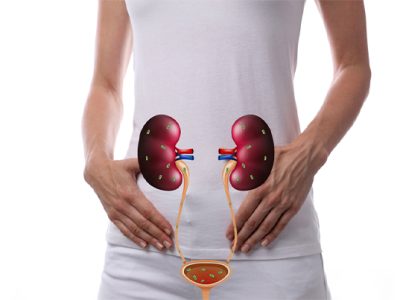Urologic Oncology
- Home -> Urologic Oncology
Urologic Oncology
Urologic oncology is a subspecialty of urology that focuses on the diagnosis and treatment of cancers affecting the genitourinary system, which includes the organs involved in urinary function (kidneys, bladder, ureters, and urethra) as well as the male reproductive system (prostate, testes, and penis). Urologic oncologists are urologists who have received specialized training in the management of urological cancers.Urologic oncologists work closely with other specialists, including radiation oncologists, medical oncologists, pathologists, and radiologists, to provide multidisciplinary care to patients with urological cancers. They develop individualized treatment plans based on the stage, grade, and characteristics of the cancer, as well as the patient’s overall health and preferences. Regular monitoring, follow-up care, and survivorship management are also integral parts of urologic oncology.

Urologic oncology encompasses the comprehensive care of patients with urological malignancies, including:
Prostate Cancer: Urologic oncologists diagnose and treat prostate cancer, which is the most common cancer in men. Treatment options may include active surveillance, surgery (radical prostatectomy), radiation therapy, hormone therapy, and targeted therapies.
Bladder Cancer: Urologic oncologists manage bladder cancer, which is characterized by abnormal cell growth in the bladder lining. Treatment approaches may involve transurethral resection of bladder tumor (TURBT), intravesical therapy, chemotherapy, radiation therapy, immunotherapy, or surgery (partial or radical cystectomy).
Kidney Cancer: Urologic oncologists diagnose and treat kidney cancer, which can arise from the tissues of the kidneys. Treatment options include partial or radical nephrectomy (surgical removal of the kidney), ablation therapies, radiation therapy, targeted therapies, and immunotherapy.
Testicular Cancer: Urologic oncologists specialize in the management of testicular cancer, which primarily affects younger men. Treatment usually involves surgical removal of the affected testicle (orchiectomy), followed by further treatments such as radiation therapy, chemotherapy, or surveillance depending on the stage and type of cancer.
Penile Cancer: Urologic oncologists are involved in the treatment of penile cancer, which affects the tissues of the penis. Treatment may involve surgery (partial or radical penectomy), radiation therapy, chemotherapy, or targeted therapy.
